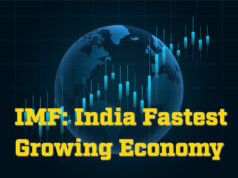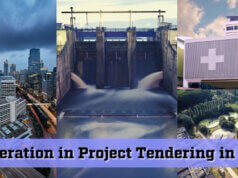In May 2023, 408 out of the 1,681 large-scale infrastructure projects (Cost of Rs 1,000 crore or more) monitored by the Ministry of Statistics and Programme Implementation experienced cost overruns, according to the ministry’s 450th Flash Report on Central Sector Projects. Additionally, a total of 814 projects were facing time overruns.
During this month, 87 new projects, including 72 road projects, 3 power projects, and 12 petroleum sector projects, were added to the list of monitored works, while ten road projects were completed. The report indicates that the overall original implementation cost of the 1,681 projects was approximately Rs 24,16,872.28 crore. However, due to cost overruns, the anticipated completion cost has surged to around Rs 28,96,947.15 crore, representing an overall cost overrun of Rs 4,80,074.87 crore (or 19.86 percent of the original cost).
As for the project statuses, 18 were ahead of schedule, 430 were on track, and 814 were delayed. The latter category included 267 projects that reported both time and cost overruns. Notably, this number drops to 607 if the delay is calculated based on the most recent schedule of completion.
Of the 1,681 mega projects, project promoters of 419 projects did not report either completion dates or revised costs.
In terms of delay distribution, the report revealed that 200 projects (25 percent of the delayed projects) had delays ranging from 1 to 12 months. Similarly, 183 projects (22 percent) experienced delays of 13 to 24 months, 300 projects (37 percent) saw delays between 25 to 60 months, and 131 projects (16 percent) were delayed by more than 60 months.
The reasons behind these delays spanned a range of issues like, land acquisition, obtaining forest/environment clearances, lack of infrastructure support, project financing delays, delayed engineering finalization, scope changes, tendering delays, equipment supply issues, legal and order problems, geological surprises, pre-commissioning troubles, and contractual issues were among the top reasons. Other obstacles included inadequate manpower, delayed technical approval, encroachment, state-wide COVID-19 lockdowns, and litigation by the National Green Tribunal (NGT).











